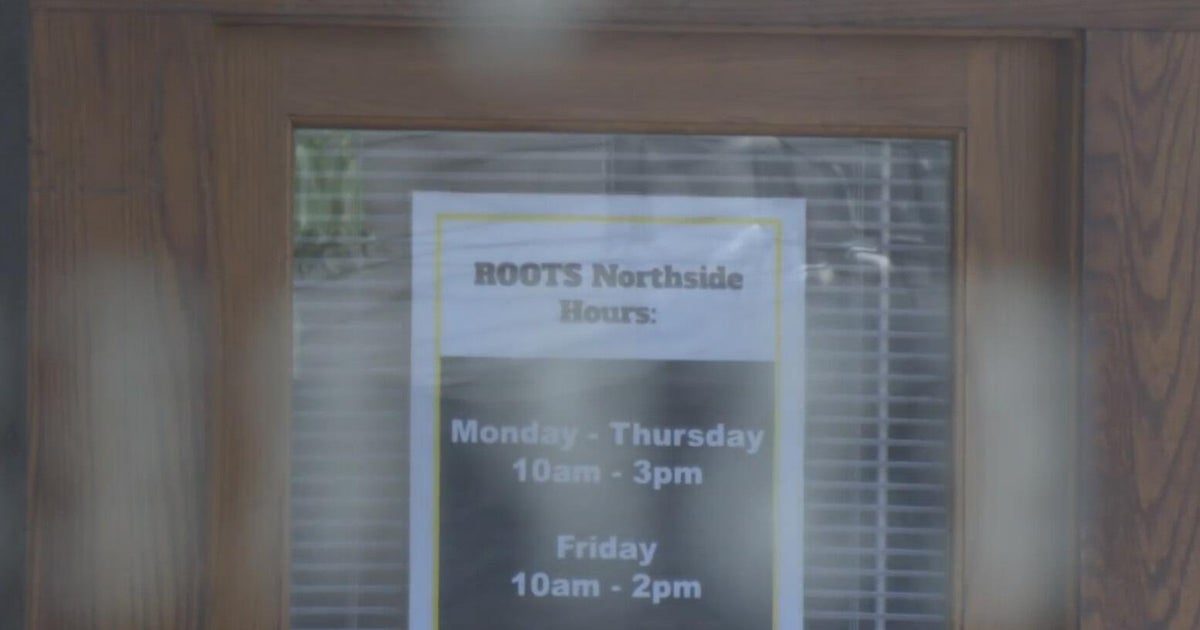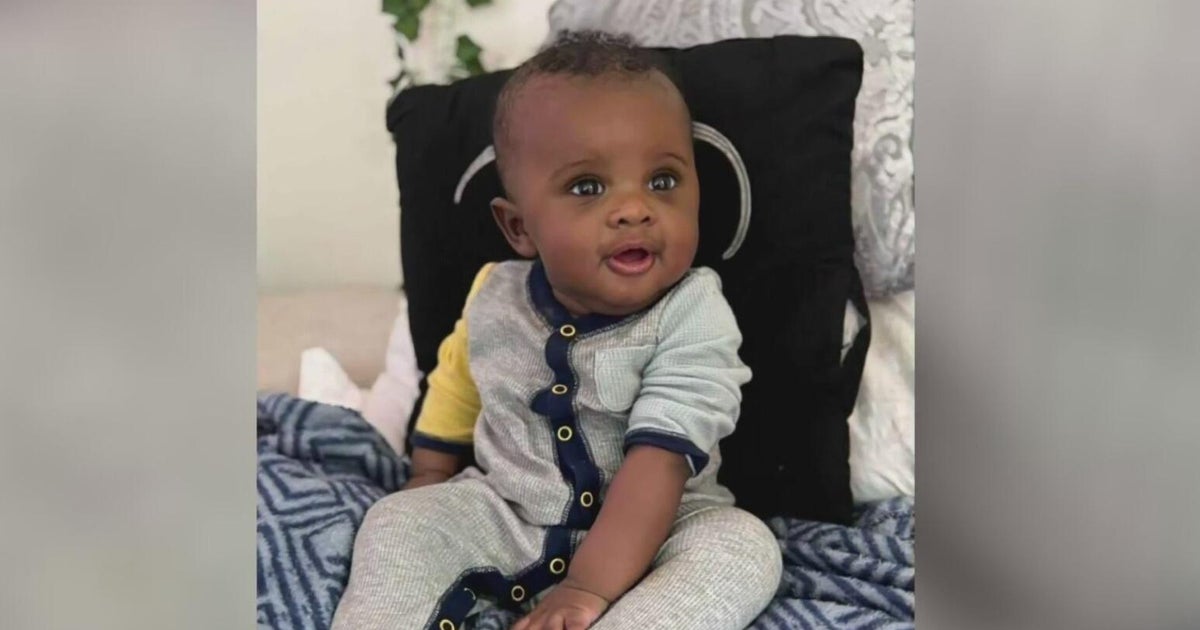Cooling Is Key To Protecting Organs After Prolonged CPR
PITTSBURGH (KDKA) -- Her symptoms were not typical, and 53-year-old Tammy Mikush's heart was in trouble.
"Got myself into bed. Just felt like something didn't feel right. Like a panic attack. I didn't have chest pain, but I felt something was wrong," she describes.
Her husband called an ambulance, and she got to the hospital in minutes. But there was more trouble.
"From the time they were taking me off the gurney, and putting me on the bed in the ER, my heart stopped," she continues. "Once they got me to the cath lab, my heart stopped again."
She had a life-threatening abnormal heart rhythm and a complete blockage in a main heart artery. The team did CPR for 45 minutes, injected her with various drugs to get her heart to beat normally and shocked her 25 times. Nothing was working.
"Her husband was outside waiting to hear what had happened to her. So I actually sent some nurses out to have them prepare her husband for the bad news," St. Clair Hospital cardiologist Dr. James Marcucci says.
"I can remember at some point, I yelled or said to someone, 'Please do not let me die.' There was a point I could remember hearing someone say, 'Who's gonna call the time of death?' Then, I can remember feeling the last shock," Tammy said.
"As we were preparing to really call the code, the final shock, she came back into normal rhythm," says Dr. Marcucci. "I think we kept going because of her age. She was 53."
After a witnessed cardiac arrest, patients are typically cooled at this hospital.
"If you can cool the body to 92 degrees, the body doesn't have to use as much oxygen, things slow down," says St. Clair Hosital critical care physician Dr. Gregory Fino.
Refridgerated I.V. fluids are given and cooling blankets underneath and on top of the patient keep the body temperature at 92 degrees for 24 hours.
"It has been shown in some of the bigger studies that about twice as many people survive and get back to a normal life if you are cooled compared to those who are not," Dr. Fino continues.
The theory behind cooling is that it reduces brain swelling and the formation of damaging chemicals that come about from inflammation.
The patients then slowly warm up on their own. Rewarming too quickly increases the chance of bleeding and heart rhythm problems.
Tammy was in the hospital just 12 days. She surprised everyone by coming out of this as good as she went in.
"I was awake; I recognized everyone; I had no brain damage; my organs were fine," she says.
"After 45 minutes of CPR, you're not going to get a good result. The brain is not going to function properly," says Dr. Fino. "Was I surprised? Yes! But pleasingly surprised."
Tammy says, "It was like a miracle."
Even with her excellent outcome neurologically, Tammy will still need an implanted defibrillator to shock her heart if it goes into an abnormal rhythm again. She will have that surgery in the next several weeks.
RELATED LINKS
More Health News
More From Dr. Maria



